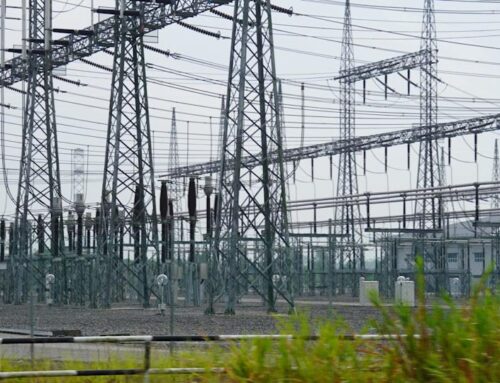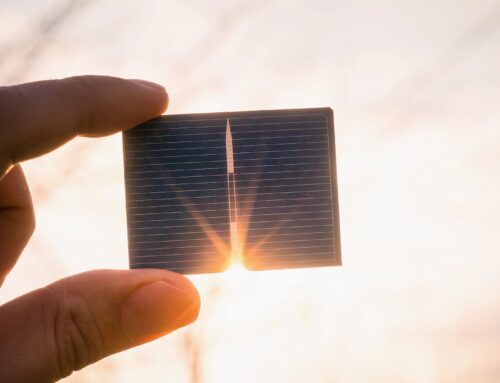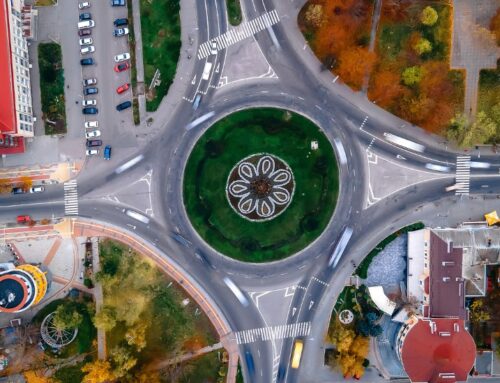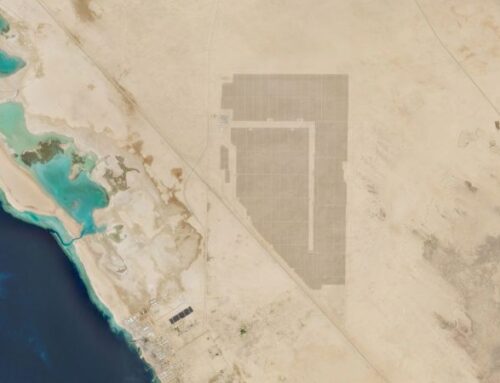AI to power the next phase of clean energy transition
November 17, 2025
Please use another Browser
It looks like you are using a browser that is not fully supported. Please note that there might be constraints on site display and
usability.
For the best experience we suggest that you download the newest version of a supported browser:
Internet Explorer,
Chrome Browser,
Firefox Browser,
Safari Browser
Please allow JavaScript
This page requires JavaScript in order to be fully functional and displayed correctly. Please enable
JavaScript and reload the
site.
Zug, Switzerland
AI to power the next phase of clean energy transition
The Siemens Infrastructure Transition Monitor 2025, which
surveyed 1,400 senior executives, shows that 59 percent of energy
industry leaders plan major investments in autonomous systems for
grids, and 68 percent view them as crucial for cutting emissions.
Nearly three-quarters (72 percent) of organizations in the sector say
that, over the next three years, AI will transform how their business
operates, with 74 percent saying that AI is helping to make critical
infrastructure more resilient.
Respondents indicated that the
most likely outcomes from increased use of autonomous systems to
manage power grids are lower operating costs, increased energy
efficiency, and greater reliability.
While the 2025 study indicated
significant progress on a number of important goals such as the
phase-out of fossil fuel energy and the expansion of large-scale
energy storage and renewable generation compared to results in the
2023 Infrastructure Transition Monitor, there are still opportunities
for even greater progress.
Indeed, over half of companies
in the energy sector (58 percent) say uncertainty about future energy
system design is delaying investment in clean energy technologies.
And, while 65 percent agree that electrification is the most feasible
way to achieve net zero energy systems, 73 percent report that it is
being held back by inadequate grid infrastructure.
Sabine Erlinghagen, CEO of
Siemens Grid Software, said: “Outdated grid infrastructure poses a
serious threat to the clean energy transition. By harnessing digital
technologies to move towards autonomous grids, it is possible to
boost grid capacity, ensuring its reliability and resilience. To that
end, regulation must also keep pace with digitalization and
innovation – ensuring that our energy systems are equipped to meet
the demands of a clean energy future.
About the Siemens
Infrastructure Transition Monitor:
The Siemens Infrastructure Transition Monitor 2025 is a
biennial study commissioned by Siemens, surveying 1,400 senior
executives and government representatives in 19 countries across
energy, buildings and industries.
Siemens Smart Infrastructure (SI) is shaping the market for intelligent, adaptive infrastructure for today and the future. It addresses the pressing challenges of urbanization and climate change by connecting energy systems, buildings, and industries. SI provides customers with a comprehensive end-to-end portfolio from a single source – with products, systems, solutions, and services from the point of power generation all the way to consumption. With an increasingly digitalized ecosystem, it helps customers thrive and communities progress while contributing toward protecting the planet. To protect this journey, we foster holistic cybersecurity to ensure secure and reliable operations. Siemens Smart Infrastructure has its global headquarters in Zug, Switzerland. As of September 30, 2024, the business had around 78,500 employees worldwide.
Siemens AG (Berlin and Munich) is a leading technology company focused on industry, infrastructure, mobility, and healthcare. The company’s purpose is to create technology to transform the everyday, for everyone. By combining the real and the digital worlds, Siemens empowers customers to accelerate their digital and sustainability transformations, making factories more efficient, cities more livable, and transportation more sustainable. A leader in industrial AI, Siemens leverages its deep domain know-how to apply AI – including generative AI – to real-world applications, making AI accessible and impactful for customers across diverse industries. Siemens also owns a majority stake in the publicly listed company Siemens Healthineers, a leading global medical technology provider pioneering breakthroughs in healthcare. For everyone. Everywhere. Sustainably. In fiscal 2025, which ended on September 30, 2025, the Siemens Group generated revenue of €78.9 billion and net income of €10.4 billion. As of September 30, 2025, the company employed around 318,000 people worldwide on the basis of continuing operations. Further information is available on the Internet at www.siemens.com.
Contact
Search
RECENT PRESS RELEASES
Related Post




